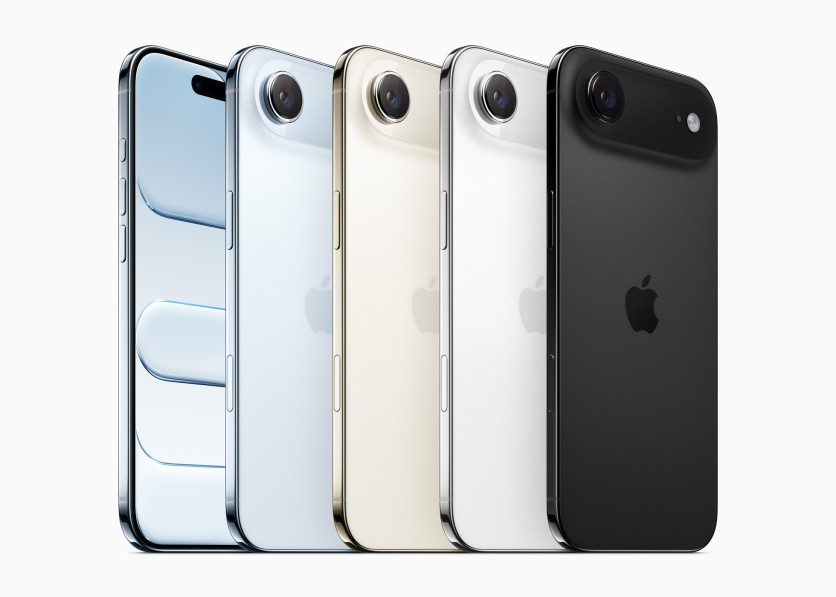
The thinnest iPhone in history is here, but many have since questioned its durability and tendency to bend due to its ultra-slim body.
To address the concerns, Apple executives have recently gone on an interview to answer that question specifically and give a deeper look at what the iPhone Air really brings to the table.
iPhone Air Bend Test: Apple Executives Answer Questions
After the recent iPhone 17 event, Apple executives John Ternus and Greg Joswiak recently did an interview with Tom's Guide and Tech Radar to discuss everything about the iPhone Air.
One of the topics of the interview is the iPhone Air's durability, with the conversation taking on an interesting turn when it steered towards the ultra-thin smartphone's bending capabilities.
Ternus claimed that the iPhone Air "exceeds our internal metrics for bend strength," with Joswiak affirming that it is "really high."
After the said discussion, Joz confidently handed TechRadar's Lance Ulanoff the iPhone Air and gave them permission to try and bend the device, saying, "It's on me."
Both journalists took turns bending the iPhone Air, claiming that they even exerted effort in doing so, but the smartphone did not break.
Ternus said that when the iPhone Air receives "enough load," there is a tendency that it could flex for only "a little bit" but not exactly break.
That being said, should the iPhone Air bend a little, Joz claimed that it would come right back.
Will the iPhone Air Be Durable in the Long Run?
A report by 9to5Mac described Ternus and Joz's demonstration as a bold statement about the iPhone Air's durability, especially since the device is new and not yet in the market.
That being said, the executives themselves claim that its durability is "really high," showing significant faith in its engineering by letting interviewers do a bend test on it. The iPhone Air is known for having a titanium frame in its build, with Apple opting for this material instead of aluminum as it is the stronger option.
This may specifically be the reason why Apple chose titanium for its thinnest iPhone ever despite it being slightly heavier one of the two metals. The publication then said that its durability would still have to face the test of time, especially when it is released to the market, which would then answer this question further.
The iPhone 6s series was the initial holder of the "thinnest iPhone" record for the longest run, coming in at 7.1mm in thickness (depth), but the iPhone Air's recent debut stole the title. The new ultra-thin smartphone only features a 5.64mm thickness in depth, which is a significant size reduction from the previous record holder.
However, it did not prove that the previous rumors about it being lighter than the Galaxy S25 Edge as true. Samsung's smartphone weighs 163 grams, and it comes in 2g heavier at 165 grams.
ⓒ 2026 TECHTIMES.com All rights reserved. Do not reproduce without permission.




